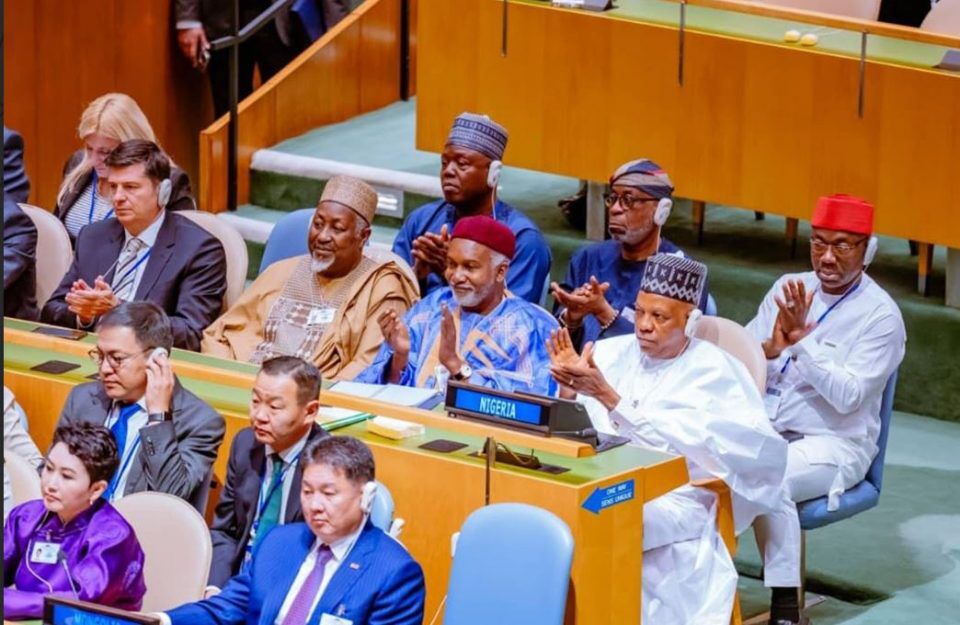
President Bola Tinubu has urged world leaders to prioritize debt forgiveness for Nigeria and other developing nations in their dealings with creditors and multilateral financial institutions.
Speaking at the 79th Session of the United Nations General Assembly in New York, Tinubu, who currently serves as Chairman of the Authority of Heads of State and Government of the Economic Community of West African States (ECOWAS), stressed the need for the United Nations to strengthen multilateralism by fostering deeper relations among member states. He called for these efforts to be rooted in principles of inclusivity, equality, and cooperation.
Represented by Vice President Kashim Shettima at the high-level event, Tinubu emphasized that countries in the Global South cannot achieve meaningful economic progress without special concessions and a comprehensive review of their debt burdens.
In a statement released by Stanley Nkwocha, Senior Special Assistant to the President on Media and Communications (Office of the Vice President), President Bola Tinubu urged the United Nations to address the mounting global debt burden, which is crippling the ability of nations to meet the needs of their citizens.
The Nigerian leader also highlighted trade barriers, protectionist policies, and intense global competition as key factors stifling economic growth and hampering global investment.
The call for debt relief comes as Nigeria’s domestic and external debt reached N121.67 trillion ($91.46 billion), according to the Debt Management Office’s Q1 2024 report.
Nigerian states saw a staggering 122 percent increase in external debt servicing in the first half of 2024, with payments reaching N139.92 billion, up from N63.06 billion during the same period in 2023.
The sharp rise is attributed to increased borrowing costs driven by currency depreciation, severely straining subnational budgets and fiscal health.
Kaduna and Lagos states bear the highest external debt servicing costs, prompting some states to seek relief from mounting debt repayment obligations.
Also on the debt burden, Tinubu said, “Similarly, we must ensure that any reform of the international financial system includes comprehensive debt relief measures, to enable sustainable financing for development.
“Countries of the global South cannot make meaningful economic progress without special concessions and a review of their current debt burden,” he stated.
Tinubu has called for the recovery of proceeds from corruption and illicit financial flows, emphasizing that the return of such funds to their countries of origin is a core principle of the United Nations Convention against Corruption.
“Therefore, the international community must promote practical measures to strengthen international cooperation to recover and return stolen assets and to eradicate safe havens that facilitate illicit flows of funds from developing countries to the developed economies.”
He also expressed concern over the growing shift towards nationalism and isolationism, warning that it undermines global efforts to address critical issues such as terrorism, climate change, poverty, food crises, hyperinflation, nuclear proliferation, and crippling debt burdens.
Addressing world leaders at the United Nations General Assembly, Tinubu reminded them that the UN was founded on the principles of multilateralism, which promotes inclusiveness and is built on the pillars of peace, sustainable development, and human rights.
